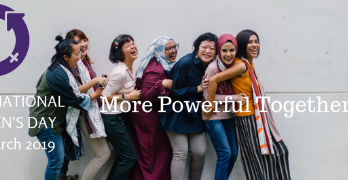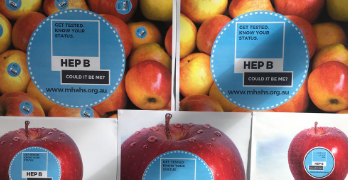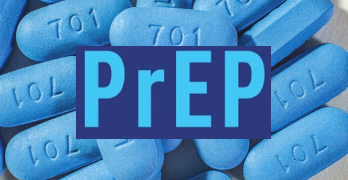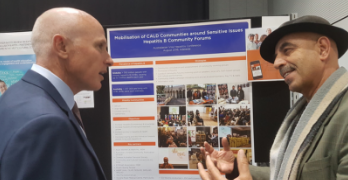The Arabic Hepatitis B Project of the MHAHS attended the Women’s Health Expo in March to celebrate International Women's Day.
Organised by the Muslim Women Welfare Assocation (MWWA), the 2nd Women’s Life Expo showcases a range of displays around issues affecting women’s lives.
The expo provides Arabic women and their families an opportunity to find new and innovative ways of improving their day to day life, according to Arabic Community Hepatitis B Project Officer, Faten Solaqa.
For more information about the Arabic Community Hepatitis B Project, contact Faten Solaqa on 95151234 or emailThis email address is being protected from spambots. You need JavaScript enabled to view it.
Organised by the Muslim Women Welfare Assocation (MWWA), the 2nd Women’s Life Expo showcases a range of displays around issues affecting women’s lives.
The expo provides Arabic women and their families an opportunity to find new and innovative ways of improving their day to day life, according to Arabic Community Hepatitis B Project Officer, Faten Solaqa.
“The expo gives Arabic women the opportunity to browse a wide range of health serrvices available in the Local Health District, gardening, lifestyle to locally produced foods, entertainment and masterclass workshops”.“The MHAHS team was at hand to interact with the visitors at its information stall and explain how the project can help the communities prevent hepatitis B. The team will also have goody-bags ready, with fresh fruits containing Get Tested. Know Your Status hepatitis B message stickers. Stickers make hepatitis B information more accessible,” said Ms Solaqa.
For more information about the Arabic Community Hepatitis B Project, contact Faten Solaqa on 95151234 or email




